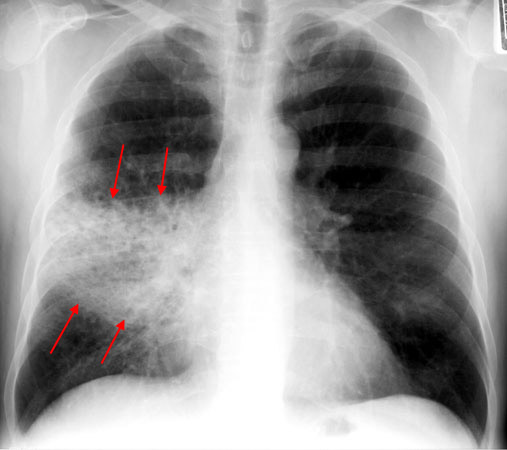Should You Get Tested?

Finding out that you are pregnant is both an exciting and anxiety-provoking time. Becoming a mother is a life changing experience that can alter everything from daily routines to relationships to careers. Although parenthood means great change, those changes ultimately result in a great deal of joy for most parents. And there is nothing that a parent wants more than to know the health of their pregnancy.
Prenatal DNA testing provides parents with an opportunity to know more about their pregnancy. While the topic of testing is often controversial, the benefits it provides often outweigh the stigma. Prenatal DNA testing empowers families with knowledge so that they may find the resources, tools, and support needed to ensure the success of the first months of parenthood.
While all women should consider having a prenatal DNA test, there are a few groups of women who are highly recommended due to their heightened risk.
Advanced-Age Pregnancies
If you are a woman 35 years or older, your pregnancy immediately becomes an at-risk pregnancy. However, having an at-risk pregnancy doesn’t mean that you should abandon all hope of having a healthy pregnancy. It simply means that you need to educate yourself on the potential risks.
Advanced age pregnancies are at a higher risk of having genetic abnormalities. Even if you have no family history of genetic defects, age brings added risks of trisomies. Trisomies 21, 18, and 13 are the most common trisomies experienced by women with advanced age pregnancies, with trisomy 21 being the most prevalent. Trisomy 21 is responsible for Down syndrome and many children with this trisomy experience relatively healthy lives due to the advances in support and medical treatment. Trisomies 18 and 13 are more severe, and nearly always result in either stillborn birth or infant mortality.
Women with a Family History of Genetic Abnormalities
If your family or your partner’s family has a history of genetic abnormalities, it is a wise decision to have a prenatal DNA test. As with advanced-aged pregnancies, individuals with a family history of genetic abnormalities are also at a heightened risk of having an abnormal pregnancy.
Women with Positive Serum Screenings
Maternal serum screenings are available to women in their first and second trimesters, and let women know if they may be experiencing an at-risk pregnancy. However, these screenings aren’t always the most accurate, and it is important to follow up these screening results a prenatal DNA test before any decisions are made. Getting a follow up test will provide you with better information about your pregnancy, and the second opinion that your pregnancy and family planning deserve.
Women Looking to Reduce Anxiety
Even women with healthy family histories may still experience anxiety about their pregnancy. Instead of putting undue stress on yourself, which can negatively impact your pregnancy, consider prenatal DNA testing. Simply knowing can greatly reduce anxiety and give you a better peace of mind.
In this day and age, there is no reason for parents-to-be to remain reactive. With a prenatal DNA test, mothers are able to know more about their pregnancies so that they can be proactive. Proactive mothers are responsible mothers who are able to provide the level of care needed to ensure the safety of both themselves and their pregnancies.
Article BY Jennifer Smith






